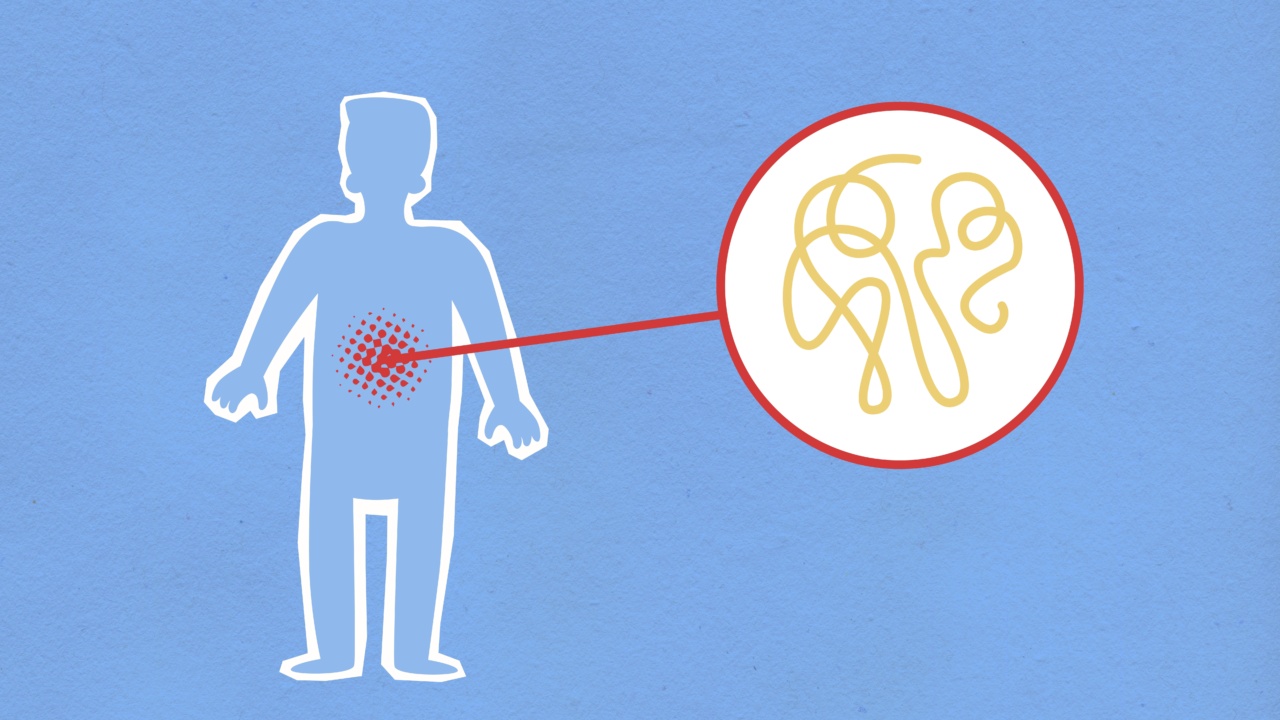Stomach pain is a common cause of discomfort for many people. Most of the time, stomach pain is not a cause for serious concern, but it can still be very uncomfortable and affect daily activities.
There are many possible causes of sudden stomach pain, and the treatment options can vary depending on the underlying cause. In this article, we will explore the most common causes and treatments for sudden stomach pain.
Causes of Sudden Stomach Pain
Stomach pain can be caused by a variety of factors, including:.
Gastrointestinal Issues
Gastrointestinal issues such as indigestion, constipation, gas, and diarrhea can all cause sudden stomach pain. These issues often occur after eating certain foods, or can be caused by eating too much or too quickly.
Treatment for these types of issues includes lifestyle changes, such as avoiding trigger foods or eating smaller, more frequent meals, as well as medication if necessary.
Gastroesophageal Reflux Disease (GERD)
GERD is a chronic condition where stomach acid backs up into the esophagus, causing inflammation and irritation. This can cause sudden and severe stomach pain, as well as other symptoms such as heartburn and difficulty swallowing.
Treatment for GERD includes lifestyle changes such as avoiding trigger foods and losing weight, as well as medication to reduce acid production in the stomach.
Peptic Ulcers
Peptic ulcers are sores that form in the lining of the stomach or small intestine. They are often caused by a bacterial infection, but can also be caused by long-term use of anti-inflammatory medications such as aspirin and ibuprofen.
Symptoms of peptic ulcers include sudden and severe stomach pain, as well as nausea, vomiting, and loss of appetite. Treatment for peptic ulcers includes medication to reduce stomach acid production and antibiotics to treat the underlying infection.
Appendicitis
Appendicitis is a condition where the appendix becomes inflamed and infected. This can cause sudden and severe stomach pain, especially in the lower right quadrant of the abdomen. Other symptoms of appendicitis include fever, nausea, and vomiting.
Treatment for appendicitis usually involves surgery to remove the inflamed appendix.
Diverticulitis
Diverticulitis is a condition where small pouches in the lining of the colon become inflamed and infected. This can cause sudden and severe stomach pain, as well as fever, nausea, and vomiting.
Treatment for diverticulitis includes antibiotics to treat the underlying infection, as well as medication to reduce inflammation in the colon.
Intestinal Obstruction
Intestinal obstruction occurs when there is a blockage in the intestines that prevents food and liquid from passing through. This can cause sudden and severe stomach pain, as well as bloating, constipation, and vomiting.
Treatment for intestinal obstruction may include surgery to remove the blockage, or medication to help the intestines relax and pass the blockage.
Pancreatitis
Pancreatitis is a condition where the pancreas becomes inflamed and swollen. This can cause sudden and severe stomach pain, as well as nausea, vomiting, and fever.
Treatment for pancreatitis includes hospitalization, medication to control pain and inflammation, and supportive care such as hydration and nutrition.
Kidney Stones
Kidney stones are hard deposits that form in the kidneys and can cause sudden and severe stomach pain, especially in the lower back and sides. Other symptoms of kidney stones include pain when urinating, blood in the urine, and nausea and vomiting.
Treatment for kidney stones depends on the size and location of the stones, but may include medication to help pass the stones, or surgery to remove them.
Menstrual Cramps
Menstrual cramps are a common cause of sudden stomach pain in women. These cramps occur during menstruation and can cause moderate to severe pain in the lower abdomen and back.
Treatment for menstrual cramps includes over-the-counter pain relief medication, as well as lifestyle changes such as exercise and stress reduction techniques.
Stress and Anxiety
Stress and anxiety can cause sudden and severe stomach pain, as well as other symptoms such as nausea, vomiting, and diarrhea.
Treatment for stress and anxiety may include lifestyle changes such as exercise and relaxation techniques, as well as counseling or medication if necessary.
Treatments for Sudden Stomach Pain
The treatment options for sudden stomach pain depend on the underlying cause of the pain. In general, treatment options include:.
Lifestyle Changes
Lifestyle changes such as avoiding trigger foods, eating smaller, more frequent meals, and staying hydrated can help alleviate stomach pain caused by gastrointestinal issues such as indigestion and constipation.
Exercise and stress reduction techniques such as yoga and meditation can also be helpful in managing stress and anxiety-related stomach pain.
Medication
Medication can be used to treat a variety of causes of sudden stomach pain, including GERD, peptic ulcers, and diverticulitis.
Over-the-counter medications such as antacids and acid reducers can help alleviate acid-related stomach pain, while prescription medications such as antibiotics and anti-inflammatories may be necessary to treat underlying infections and inflammation.
Supportive Care
Supportive care such as hydration and nutrition can be helpful in managing sudden stomach pain, especially in cases of pancreatitis and other severe conditions.
In some cases, hospitalization may be necessary to receive adequate hydration and nutrition, as well as medications to control pain and inflammation.
Conclusion
Sudden stomach pain can be a cause for concern, but in many cases it is not a serious condition. By understanding the common causes and treatments for sudden stomach pain, you can better manage and alleviate your symptoms.
If your stomach pain persists or is accompanied by other symptoms such as fever and vomiting, it is important to seek medical attention as soon as possible.































